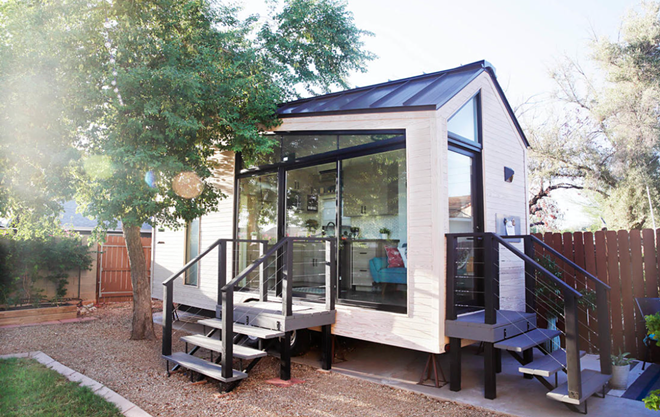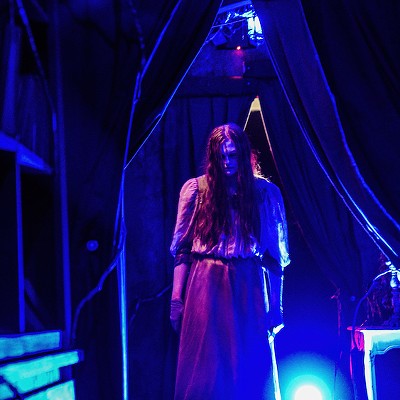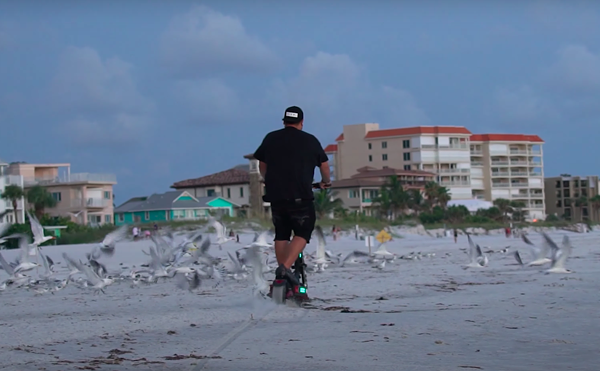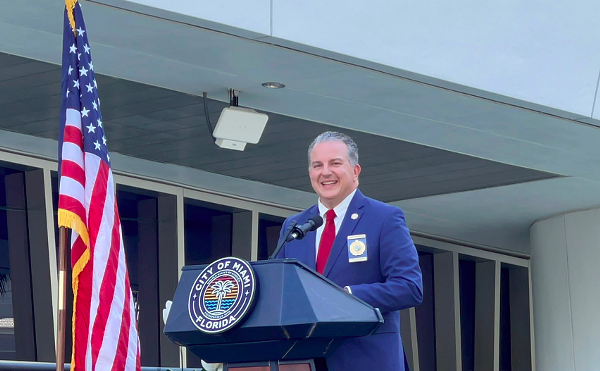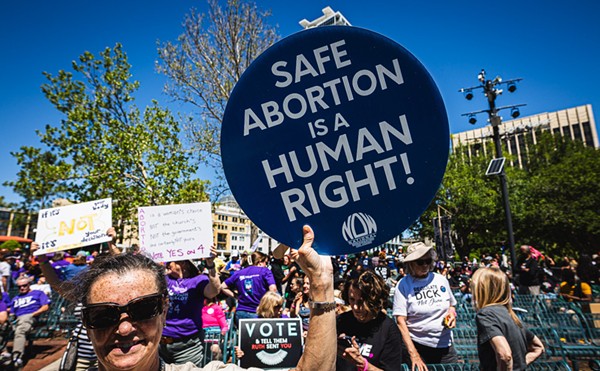ADUs are usually smaller than one-bedroom apartments, and often come in the form of mother-in-law suites, tiny homes and garage apartments. The size of the units makes them potentially easier to afford, while still providing all of the important aspects of an apartment.
Last spring, a City of Tampa survey about ADUs received around 1,000 responses; 301 respondents said if they could have an ADU on their property, they'd potentially use it as an Airbnb.
Hundreds of respondents also answered that they'd use the properties for "landlord income" or as a place for relatives or visitors to stay. Several respondents selected multiple options, including using it as a place to stay for a family member, or also using it as an Airbnb at other times.
A separate question about which use of ADUs are most important received 400 responses. Just 1% of respondents said that affordable housing mattered most.
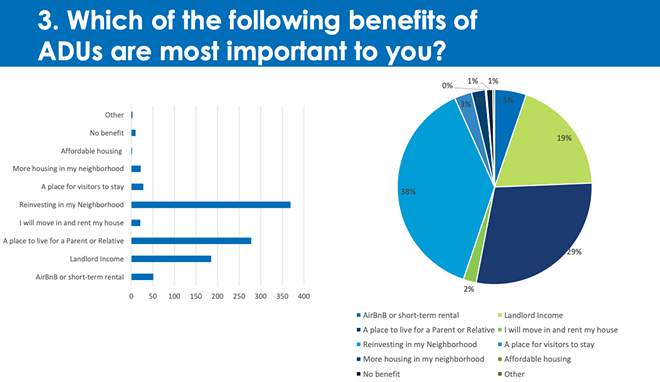
There will be a virtual community discussion with the City of Tampa tonight at 6 p.m. and a workshop with the city is scheduled for Oct. 27 at 9 a.m. at city hall, where council, city staff and the public will discuss options for ADUs.
Tampa is in the midst of a rental crisis, and the takeover of Airbnbs, in place of traditional rental leases, has helped exacerbate the crisis, experts say.
The Economic Policy Institute discovered in a 2019 study that the influx of Airbnbs hurt local renters and economies more than they help.
"While the introduction and expansion of Airbnb into U.S. cities and cities around the world carries large potential economic benefits and costs, the costs to renters and local
jurisdictions likely exceed the benefits to travelers and property owners," EPI found.
In 2020, Forbes Magazine wrote that the expansion of the Airbnb industry raises prices and pushes people out of their communities.
Stephen Benson, Tampa's City Planning Director, told Creative Loafing Tampa Bay via an email statement that ADUs are part of a strategy to find new housing options.
“The city is exploring every option to increase affordable housing, and many cities are seeking ways to increase the availability of ADUs as part of a broader housing strategy," Benson said. "The results of this year’s survey indicated strong interest in ADUs among those who responded."
Benson added that at next week’s workshop the city will discuss ADUs as a housing option, and how they would work for each community in Tampa.
"While ‘mother-in-law suites’ or ‘granny flats’ may not be right for every neighborhood, it’s critical to get input from stakeholders across the city as we assess proposed changes to the zoning code," Benson said.
City councilwoman Lynn Hurtak told CL that the city should make it easier to build housing that people can have access to—and ADUs are one potential solution—but that the situation with Airbnbs is complicated.
"We can't do anything to regulate Airbnbs, we're not allowed to regulate them because of state law, but we can watch them for code enforcement issues," Hurtak said.
Hurtak added that if market saturation of Airbnbs continues, owners will need to switch back to using traditional rental leases. "Once it's built, if they try to put in an Airbnb and it doesn't work, then what are you going to do? You're going to rent it out,"Hurtak said.
Councilman Guido Maniscalco said that ideally, he'd like to see the city move forward with something that addresses the affordable housing issue.
"If you have somebody that has a mother-in-law suite, and they can rent it out for let's say, $600 or $800 a month, not only does it help with the homeowner paying their mortgage or maintenance or taxes, but they're creating an affordable situation for somebody that is unable to get an apartment because they don't exist at that price," Maniscalco told CL.
The easing of restrictions for ADUs is a great idea, said Councilman Luis Viera. But like with all such ideas, there must be a discussion about the potential problems.
"I think that's got to be what the workshop is about," Viera said. "You sit down, you ask questions, and then you come up with the best possible solution. People need housing choices, and we have to make sure that that's what this is for, long term housing choices for people.""We have to make sure that that's what this is for, long term housing choices for people."
tweet this
In the anonymous responses section of the survey sent out to Tampa residents, several respondents voiced concerns about how the ADUs will be used in their neighborhoods.
"No AirBnbs. Concerned about traffic and parking. May not solve affordable housing in free market," one respondent wrote.
"Truly dislike the idea of ADUs as AirBnB or short term rental," another wrote. "I don’t want an unregulated hotel in my neighborhood."
"I am not in favor of Airbnb or short term rental ADUs/properties in residential areas," another respondent wrote. "I used to have one next-door to me and there were different people coming in every day, loud parties, people blocking my driveway etc."

